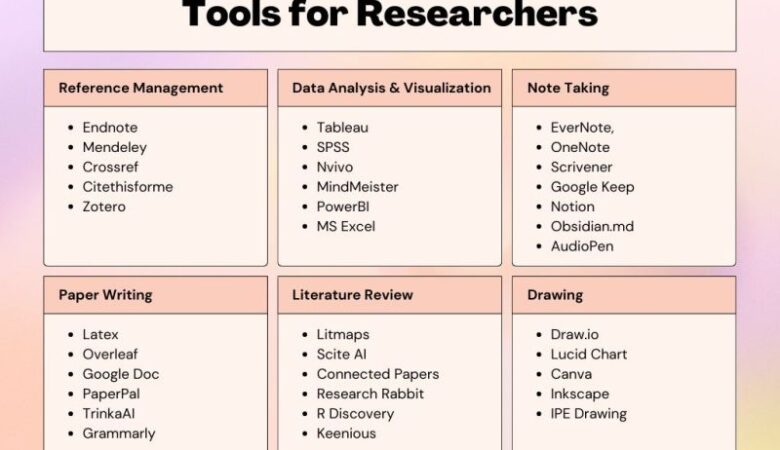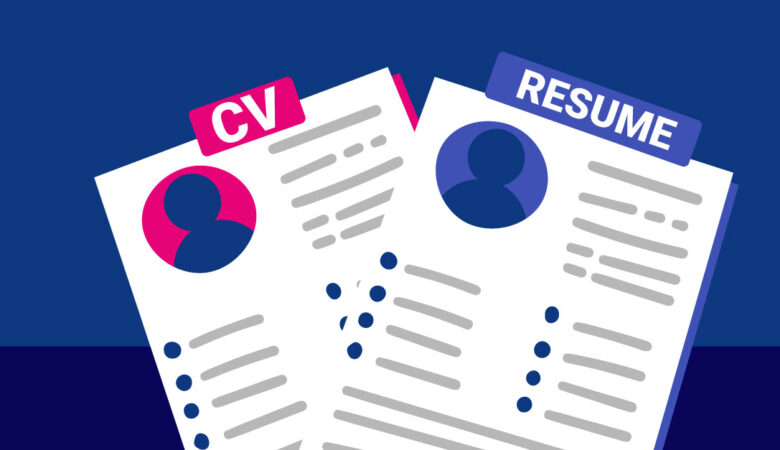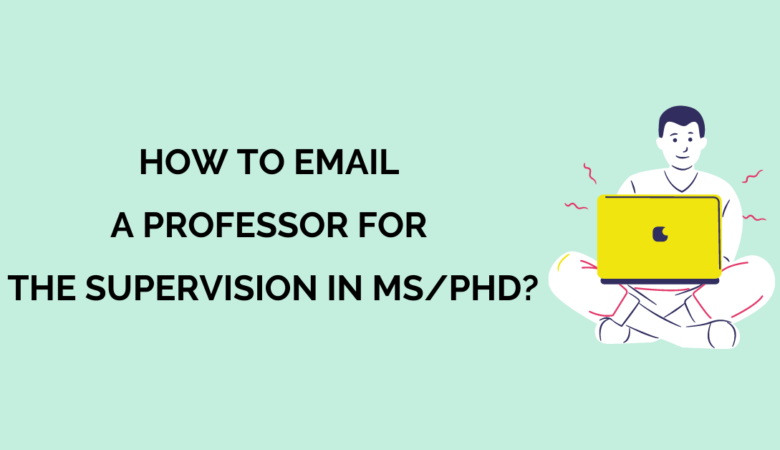Germany is renowned for offering some of the best tuition-free education in the world for international students. Unlike countries such as the US, UK, and Canada—where tuition fees for international students range from $15,000 to $60,000 per year—Germany’s public universities charge no tuition, thanks to government policies. While some private universities in Germany do levy fees, this guide focuses exclusively on tuition-free public universities in Germany, making it an ideal resource for anyone seeking affordable study options abroad.
Why Study Abroad in Germany?
Tuition-Free Education at public universities
World-Class Research & Innovation: Germany produced giants like Einstein and Planck
Diverse Programs in English & German: From STEM to Humanities
Strong Career Prospects: Germany’s economy thrives on skilled graduates
High Quality of Life: Safe cities, efficient public transport, rich culture
How to Study in Germany for Free
Meet Academic Requirements
Strong CGPA (usually ≥ 2.5 on German scale)
Relevant undergraduate degree for Master’s programs
Language Proficiency
English-Taught Programs: IELTS ≥ 6.5 or TOEFL iBT ≥ 88
German-Taught Programs: TestDaF ≥ 4, DSH-2, or Goethe-Zertifikat C2
Application Process
Use Uni-Assist or apply directly via university portals
Submit: Transcripts, LORs, SOP, CV, and language certificates
Often a motivational letter and sometimes a video interview
Proof of Funds
Blocked account with ~€11,208/year (2025 requirement)
Scholarship award letters or sponsor affidavits accepted
How to Get Scholarships in Germany
Although tuition is free, you must cover living expenses (€900–1,200/month). These scholarships for international students in Germany can help:
DAAD Scholarship: Covers living costs (€934/month), travel, and health insurance
Deutschlandstipendium: Merit-based €300/month from university and private sponsors
Erasmus+: For EU students or joint international programs
University-Specific Scholarships: e.g., KIT, TUM, LMU offer excellence awards
Top 10 Tuition-Free Universities in Germany for International Students
1. Technical University of Munich (TUM)
Location: Munich, Garching, Weihenstephan
Programs: Engineering, Computer Science, Life Sciences, Sports Sciences
Why TUM?
- #1 in Germany for engineering & technology (QS)
- Member of TU9, elite research consortium
- Extensive industry partnerships (BMW, Siemens) for internships & placements
- International Master’s Programs in English (e.g., Autonomous Systems, Data Engineering)
Explore: TUM Scholarships
2. Ludwig Maximilians University Munich (LMU)
Location: Munich
Programs: Arts & Humanities, Physics, Business, Theology
Why LMU?
- Founded 1472; among top 100 globally (QS)
- 18 faculties, 50,000+ students (25% international)
- Nobel laureates alumni (Planck, Röntgen)
- Robust DAAD partnerships and merit scholarships
Explore: LMU Scholarships
3. Heidelberg University
Location: Heidelberg
Programs: Medicine, Life Sciences, Law, Philosophy
Why Heidelberg?
- Germany’s oldest university (est. 1386)
- Top 50–60 globally (Times Higher Education)
- Over 50 Nobel laureates & excellence clusters in research
- English-taught Master’s in Molecular Biotechnology, Data and Computer Science
Explore: Heidelberg Scholarships
4. Karlsruhe Institute of Technology (KIT)
Location: Karlsruhe
Programs: Electrical Engineering, Computer Science, Physics, Chemistry
Why KIT?
- Ranks 26th worldwide for Computer Science (ARWU)
- Formed by merging research center and university (2009)
- Industry-sponsored labs, e.g., Mercedes-Benz Research
- Bachelor’s & Master’s in English: Cyber-Physical Systems, Data Engineering
Explore: KIT Scholarships
5. Humboldt University of Berlin
Location: Berlin
Programs: Natural Sciences, Law, Social Sciences, Arts
Why Humboldt?
- Founded 1810; pioneered modern research university model
- 150+ programs, 32,000 students (20% international)
- Nobel Prize: Quantum mechanics pioneers among alumni
- English M.A. programs in Cultural Studies, Economics
Explore: HU Scholarships
6. Darmstadt University of Technology (TU Darmstadt)
Location: Darmstadt
Programs: Mechanical Engineering, Computer Science, Cybersecurity
Why TU Darmstadt?
- Einstein’s recommendation for teaching post (1914)
- 25,000 students; 11 faculties; strong startup culture
- Host of International Summer University programs
- English Master’s in Data and Software Engineering, Mechatronics
Explore: TU Darmstadt Scholarships
7. University of Stuttgart
Location: Stuttgart
Programs: Automotive Engineering, Aerospace, Architecture
Why Stuttgart?
- Member of TU9; focus on interdisciplinary research
- 27,000 students; partnerships with Porsche & Bosch
- International Master’s: Automotive Systems, Energy Efficient Buildings
- Strong co-op programs for paid internships
Explore: Uni Stuttgart Scholarships
8. University of Bonn
Location: Bonn
Programs: Economics, Mathematics, Psychology, Neuroscience
Why Bonn?
- Consistently top-ranked for Mathematics and Economics
- 39,000 students; vibrant research clusters in Life & Earth Sciences
- English-taught M.Sc. in Economics, Data Science
Explore: Bonn Scholarships
9. University of Tübingen
Location: Tübingen
Programs: Medicine, Theology, Philosophy, Neuroscience
Why Tübingen?
- Founded 1477; known as the “City of Scholars”
- 29,000 students; extensive humanities & life sciences research
- English Master’s in Neurosciences, International Health
Explore: Tübingen Scholarships
10. University of Freiburg
Location: Freiburg im Breisgau
Programs: Environmental Sciences, Forestry, Medicine, Life Sciences
Why Freiburg?
- Founded 1457; “green campus” in the Black Forest region
- 24,000 students; strong sustainability research
- English M.Sc. in Ecology and Evolution, Climate Change Science
Explore: Freiburg Scholarships
Beyond Tuition: Managing Living Costs & Work
Even with no tuition, you’ll need ~€900–1,200/month for:
- Rent: €300–600 (shared flat)
- Food: €150–200
- Health Insurance: €110–120
- Transport: €60 (semester ticket)
Part-Time Work
- 20 hours/week allowed on student visa during term
- Full-time during semester breaks
- Typical roles: café staff, library assistants, research help
Application Timeline & Tips
| Time Before Intake | Action |
|---|---|
| 12–18 months | Research programs & universities |
| 10–12 months | Prepare language tests & gather docs |
| 8–10 months | Apply via Uni-Assist / university portal |
| 6–8 months | Await admission; open blocked account |
| 5–7 months | Apply for student visa / Ban k account |
| 2–3 months | Arrange accommodation & travel |
| Arrival | Register at Einwohnermeldeamt; enroll |
Pro Tip: Many German states have two intakes (winter & summer). Winter semester deadlines: mid-July; summer: mid-January.
Frequently Asked Questions (FAQs)
Q1: Can I study in Germany for free in English?
A1: Absolutely—over 1,000 Master’s programs are taught in English, and public universities remain tuition-free.
Q2: How do I prove funds for a German student visa?
A2: Open a blocked account with ~€934/month or show a scholarship confirmation covering living costs.
Q3: What’s the average cost of living for students in Germany?
A3: Approximately €900–1,200/month, depending on city (Munich vs. Leipzig).
Q4: Are there tuition fees for PhD programs?
A4: No—all PhD positions are considered paid research jobs, and there’s no tuition.
Q5: How competitive is admission to these universities?
A5: Varies by program—Engineering and Medicine are highly competitive; Humanities often have open spots.
Conclusion: Your Roadmap to Tuition-Free Study in Germany
Germany offers an unmatched combination of world-class education, research excellence, and zero tuition fees for public universities. By meeting language and academic requirements, securing scholarships, and planning for living costs, you can unlock an affordable, enriching study-abroad experience.
Next Steps:
- Finalize your shortlist of universities.
- Prepare your Uni-Assist or direct applications.
- Practice for TestDaF or IELTS.
- Open a blocked account and gather financial proofs.
- Submit scholarship and visa applications on time.
Your tuition-free German education awaits—start your application journey today!







Great chance if I will got it